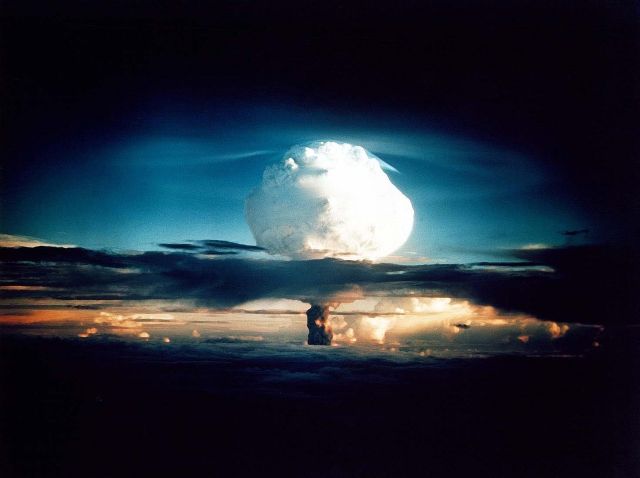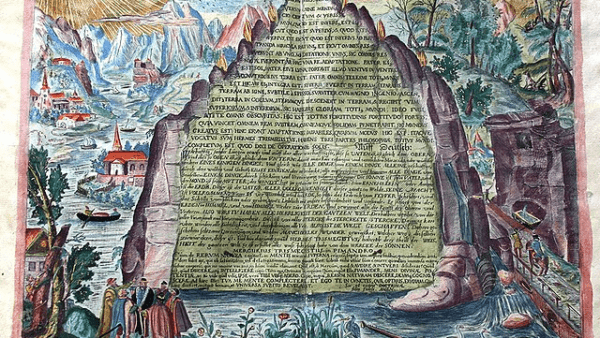I. A Scientific Genius Shapes History
A. A Physicist Rises to Prominence
Born in 1904, J. Robert Oppenheimer emerged as a scientific prodigy. After studying physics in America and Germany, he gained acclaim for research on quantum theory. Yet his greatest impact came through leadership, not lone discovery.
B. The Manhattan Project Begins
In 1942, the U.S. launched a secret program to develop an atomic bomb during World War II. Oppenheimer was chosen to direct the project at Los Alamos Laboratory due to his brilliance and charismatic nature. There, he would unite top scientists towards a goal with profound implications.
II. Forging the Power of the Nuclear Age
A. Triumph and Tragedy at Trinity
On July 16, 1945, the first atomic bomb detonated at the Trinity test site. Codenamed “the Gadfly,” Oppenheimer witnessed its searing light and seismic force, realizing mankind’s newfound power to destroy. Both triumph and tragedy had arrived.
B. Devastation Rains on Japan
Two atomic bombs were dropped on the cities of Hiroshima and Nagasaki in August 1945. The destruction shocked the world and ended WWII, yet at a horrific human cost. As “The Destroyer of Worlds,” Oppenheimer now faced a complex scientific legacy.
III. A Conscience Emerges from Controversy
A. Advocating for Arms Control
Despite his role developing nuclear weapons, Oppenheimer grew contrarian, warning of an arms race. He supported international regulation and banning the far deadlier hydrogen bomb. This stance stirred intense controversy during McCarthyism’s Red Scare period.
B. A Fall from Grace
In 1954, Oppenheimer’s security clearance was revoked at his loyalty hearings. The brilliant physicist was now labeled a security risk due to past left-wing associations. Though cleared of espionage, his reputation and career never fully recovered from this flux of controversy.
IV. An Indelible Impact Resonates
A. The Dawn of a Nuclear Era
The Manhattan Project introduced catastrophic new weapons that altered global politics through Mutually Assured Destruction during the Cold War. With Hiroshima and Nagasaki, Oppenheimer had ushered in humanity’s age of nuclear peril.
B. A Caution for the Future
Despite criticisms, Oppenheimer’s legacy as a visionary scientist and advocate for social responsibility endures. His story prompts an enduring assessment of both the promise and peril of scientific progress, demanding ethical oversight to manage mankind’s greatest discoveries.
In conclusion, J. Robert Oppenheimer left an indelible, controversial mark on history through his leadership of the Manhattan Project and advocacy thereafter. Both father of the atomic bomb and later dissenting prophet, Oppenheimer history forever intertwines scientific genius with humanity’s gravest responsibilities in an era of unlimited violent potential. Oppenheimer’s lasting legacy is a caution to wield knowledge judiciously, conscious of its consequences…

Originally posted 2023-08-04 11:04:14.




